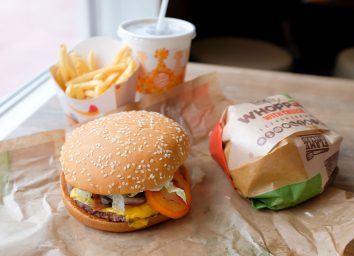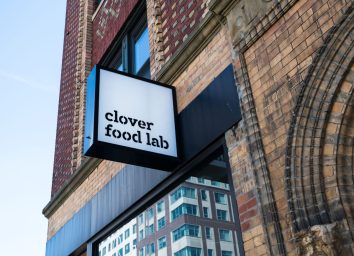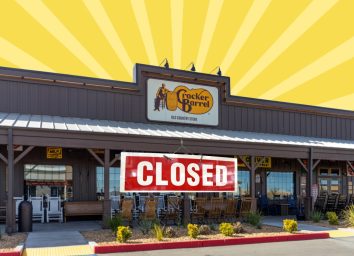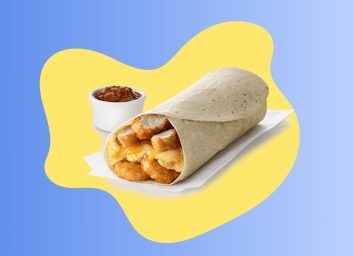Burger King Is Discontinuing This Decades-Old Customer Attraction
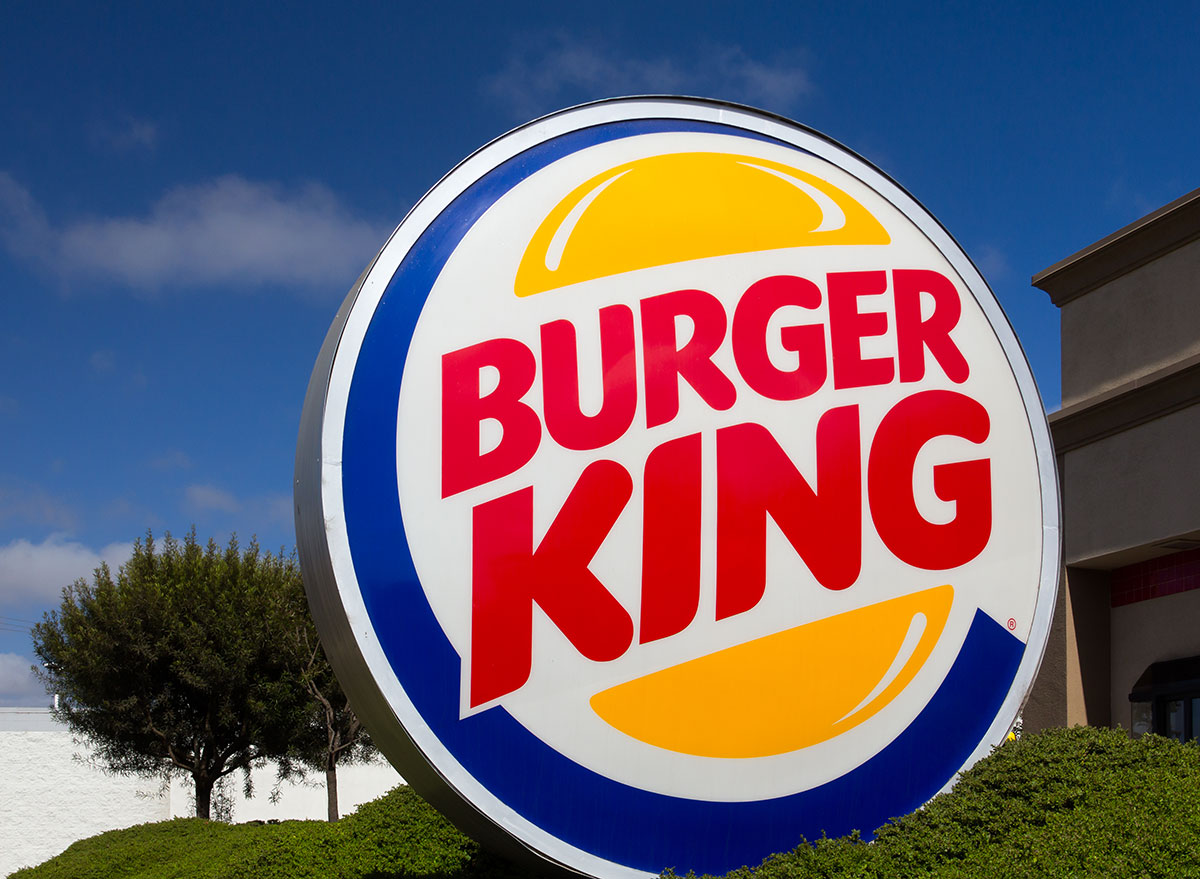
One of Burger King's most popular customer perks is becoming extinct this year, according to the chain's leadership. The King's CEO Jose Cil said in a recent earnings call that the chain will be phasing out its popular paper coupons, which have served to get customers in the door for decades.
The fast-food chain, which has slipped to third place behind McDonald's and Wendy's in terms of sales, will no longer offer printed coupons for deals like Buy One, Get One for $1 and 2 for $6. In fact, the chain is planning to reduce the volume of promotions it runs overall. Burger King has traditionally offered many more value deals than its major competitors, and that may have hurt rather than boosted sales.
"For years, we've been spreading ourselves too thin across too many messages with mixed results . . . we've consistently had the most value constructs in the market, three times as many as our lead competitors, which diluted marketing firepower and added to operational complexity," Cil said. "It also confused guests."
Now the chain will turn to value offers delivered via digital interfaces, like the Burger King app, and it will work to leverage its Royal Perks customer loyalty program, which saw success when rolled out nationwide in the third quarter of this year.
In theory, replacing paper coupons with digital promotions makes plenty of sense: there is no way to ensure a printed coupon reaches an end-user likely to take advantage of it—if it even reaches anyone at all before being tossed away. On the other hand, digital promotions can be both tailored for and delivered to specific customers, greatly increasing the chance of them converting to a sale.
The problem with discontinuing paper coupons, though, is that Burger King may risk losing out on around 20% of its potential customer base, namely older Americans. According to PYMNTS.com, customers in the Baby Boomer or older age groups account for 36% of the total U.S. population, and 58% of them do not order food online. While turning to digital deals may help attract a younger customer—something the chain desperately needs—the move may also end up alienating older customers.
The chain's latest earnings report was another disappointing one for the chain that was announcing a comeback. Burger King's Q3 earnings show a sales decline of 2.8% compared to the same period in 2019.
For more, check out:
- Is McDonald's Coffee Really Too Hot? Two New Lawsuits Say Yes
- McDonald's, Subway, and More Are Expected to Be Investigated By the FTC
- This Taco Bell Food Caused Permanent Paralysis, Customers Claim in New Lawsuit
And don't forget to sign up for our newsletter to get the latest restaurant news delivered straight to your inbox.
